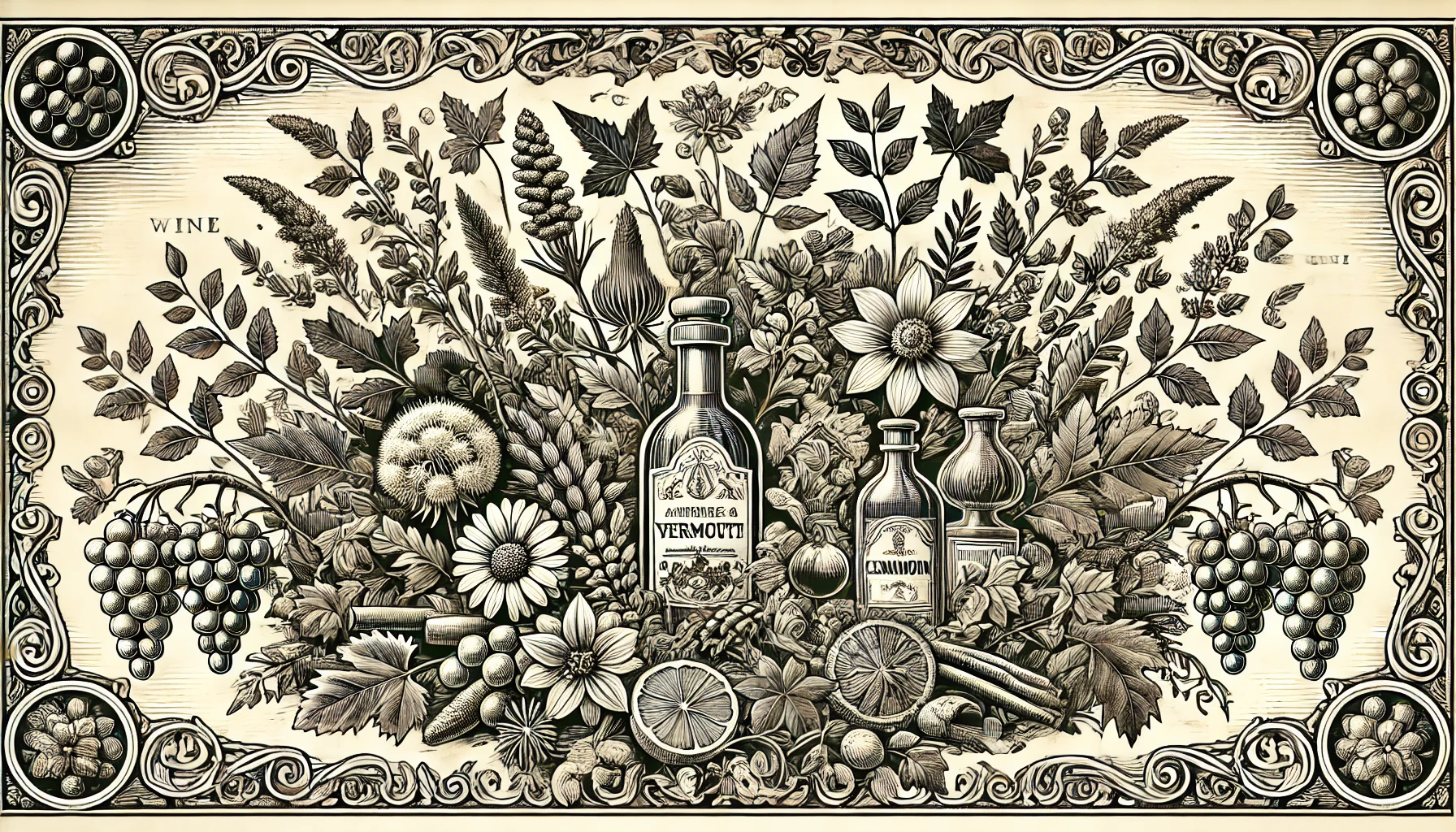
In winemaking, botanicals refer to the various herbs, spices, and other plant ingredients that can be infused into wine, especially in fortified wines and vermouths. These ingredients add complexity and unique flavors, giving the wine or spirit its distinct aromatic profile. The use of botanicals is most commonly associated with vermouth. As well as some dessert wines, but it can also be found in other wine-based products.
Common botanicals used in winemaking include ingredients like wormwood, chamomile, ginger, coriander, and various roots and flowers. The selection of botanicals and the method of infusion can vary greatly depending on the desired flavor profile and regional traditions. Vermouth, for example, typically uses wormwood as a key ingredient. It is used along with a mix of herbs and spices that can include cinnamon, nutmeg, and cloves.
The infusion of botanicals requires careful balancing. That’s because certain herbs or spices can overpower the wine’s natural flavors if not used in moderation. Winemakers and spirit producers often steep these ingredients in a wine or spirit base before blending it with the main product. The result is a complex, aromatic drink with layered flavors.
The use of botanicals is not limited to vermouth. It can also be found in some artisanal wines and liqueurs, where producers experiment with unusual flavor combinations. These infused wines are gaining popularity among wine lovers seeking something different and exciting.
Neugierig auf weitere Weintermini und spannende Einblicke? Besuchen Sie unseren Wine Wiki Bereich und entdecken Sie grundlegende Weinbegriffe sowie Expertentipps!